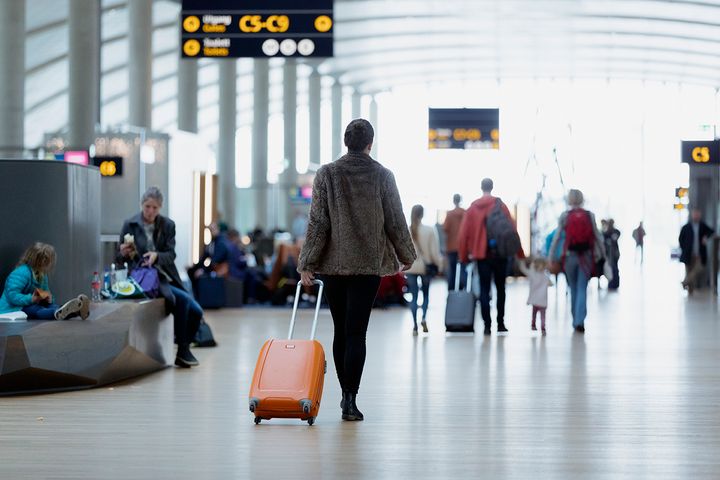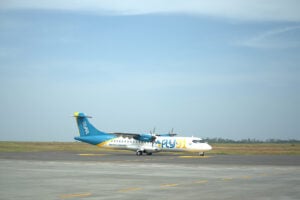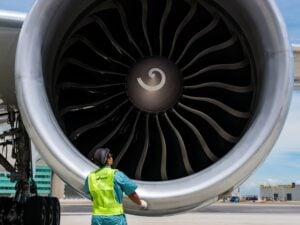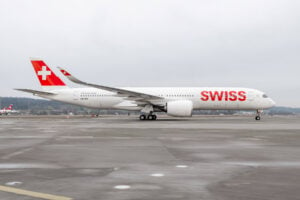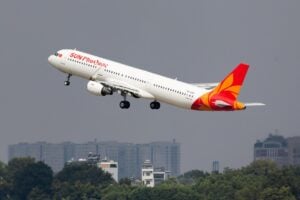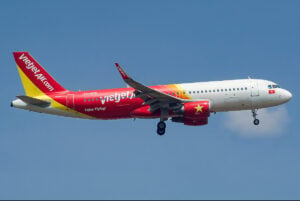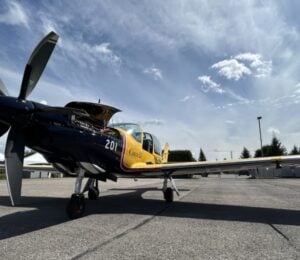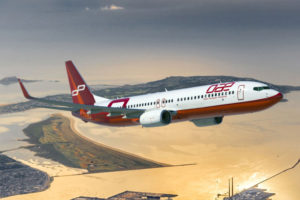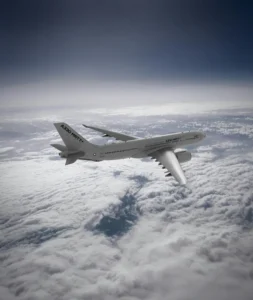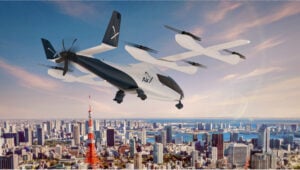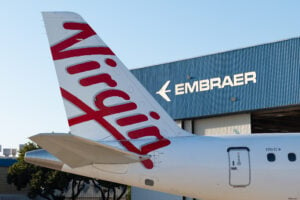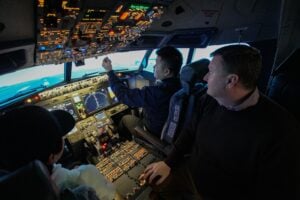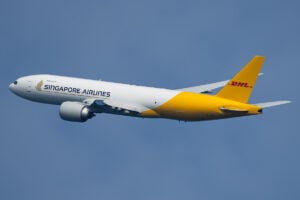The International Air Transport Association (IATA) has released its financial outlook for the global air transport industry showing that airlines are expected to lose US$84.3 billion in 2020 for a net profit margin of -20.1%. Revenues will fall 50% to US$419 billion from US$838 billion in 2019. In 2021, losses are expected to be cut to US$15.8 billion as revenues rise to US$598 billion.
“Financially, 2020 will go down as the worst year in the history of aviation. On average, every day of this year will add US$230 million to industry losses. In total that’s a loss of US$84.3 billion. It means that—based on an estimate of 2.2 billion passengers this year—airlines will lose US$37.54 per passenger. That’s why government financial relief was and remains crucial as airlines burn through cash,” said Alexandre de Juniac, IATA’s Director General and CEO.
“Provided there is not a second and more damaging wave of COVID-19, the worst of the collapse in traffic is likely behind us. A key to the recovery is universal implementation of the re-start measures agreed through the International Civil Aviation Organization (ICAO) to keep passengers and crew safe. And, with the help of effective contact tracing, these measures should give governments the confidence to open borders without quarantine measures. That’s an important part of the economic recovery because about 10% of the world’s GDP is from tourism and much of that depends on air travel. Getting people safely flying again will be a powerful economic boost,” said de Juniac.
2020 Main Forecast Drivers:
Passenger demand evaporated as international borders closed and countries locked down to prevent the spread of the virus. This is the biggest driver of industry losses. At the low point in April, global air travel was roughly 95% below 2019 levels. There are indications that traffic is slowly improving. Nonetheless, traffic levels (in Revenue Passenger Kilometer) for 2020 are expected to fall by 54.7% compared to 2019. Passenger numbers will roughly halve to 2.25 billion, approximately equal to 2006 levels. Capacity, however, cannot be adjusted quickly enough with a 40.4% decline expected for the year.
Passenger revenues are expected to fall to US$241 billion (down from US$612 billion in 2019). This is greater than the fall in demand, reflecting an expected 18% fall in passenger yields as airlines try to encourage people to fly again through price stimulation. Load factors are expected to average 62.7% for 2020, some 20 percentage points below the record high of 82.5% achieved in 2019.
Costs are not falling as fast as demand. Total expenses of US$517 billion are 34.9% below 2019 levels but revenues will see a 50% drop. Non-fuel unit costs will rise sharply by 14.1%, as fixed costs are spread over fewer passengers. Lower utilization of aircraft and seats as a result of restrictions will also add to rising costs.
Fuel prices offer some relief. In 2019 jet fuel averaged US$77/barrel whereas the forecast average for 2020 is US$36.8. Fuel is expected to account for 15% of overall costs (compared to 23.7% in 2019).
Cargo is the one bright spot. Compared to 2019, overall freight tons carried are expected to drop by 10.3 million tons to 51 million tons. However, a severe shortage in cargo capacity due to the unavailability of belly cargo on (grounded) passenger aircraft is expected to push rates up by some 30% for the year. Cargo revenues will reach a near-record US$110.8 billion in 2020 (up from US$102.4 billion in 2019). As a portion of industry revenues, cargo will contribute approximately 26%–up from 12% in 2019.

